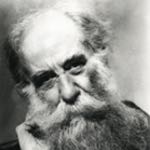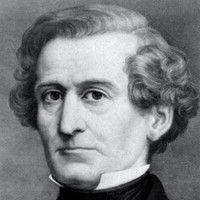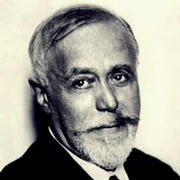|
Wind Quintets Op. 88
No. 2 in E-flat major – 1. Lento – Allegro Moderato
No. 2 in E-flat major – 2. Allegretto
No. 2 in E-flat major – 3. Poco andante
No. 2 in E-flat major – 4. Allegretto
No. 3 in G major – 1. Lento – Allegro assai
No. 3 in G major – 2. Andante
No. 3 in G major – 3. Scherzo, Allegro vivo
No. 3 in G major – 4. Finale, Allegro vivace
Performed by the Soni Ventorum Wind Quintet |
Problems playing these files? See media help. |
|
Wind Quintets Op. 91
No. 1 in C major – 1. Allegro moderato
No. 1 in C major – 2. Andante
No. 1 in C major – 3. Menuetto, Allegretto
No. 1 in C major – 4. Finale, Rondo – Allegro
No. 3 in D major – 1. Lento – Allegro
No. 3 in D major – 2. Adagio
No. 3 in D major – 3. Menuetto
No. 3 in D major – 4. Allegretto
No. 6 in C minor – 1. Marcia Poco adagio – Allegro vivace
No. 6 in C minor – 2. Larghetto
No. 6 in C minor – 3. Minuetto vivace
No. 6 in C minor – 4. Finale – Capriccio, allegro assai
Performed by the Soni Ventorum Wind Quintet |
Problems playing these files? See media help. |
|
Wind Quintet Op. 100 No. 4
1. Adagio – Allegro (11:20)
2. Andante con variazioni (5:44)
3. Minuetto allegro (2:49)
4. Finale Allegro vivace (7:37)
Performed by the Soni Ventorum Wind Quintet |
Problems playing these files? See media help. |
Anton (Antonín, Antoine) Joseph Reicha (Rejcha) (26 February 1770 – 28 May 1836) was a Czech-born, Bavarian-educated, later naturalized French composer and music theorist. A contemporary and lifelong friend of Beethoven, he is now best remembered for his substantial early contributions to the wind quintet literature and his role as teacher of pupils including Franz Liszt, Hector Berlioz and César Franck. He was also an accomplished theorist, and wrote several treatises on various aspects of composition. Some of his theoretical work dealt with experimental methods of composition, which he applied in a variety of works such as fugues and études for piano and string quartet.
None of the advanced ideas he advocated in the most radical of his music and writings, such as polyrhythm, polytonality and microtonal music, were accepted or employed by other nineteenth-century composers. Due to Reicha's unwillingness to have his music published (like Michael Haydn before him), he fell into obscurity soon after his death and his life and work have yet to be intensively studied.













































